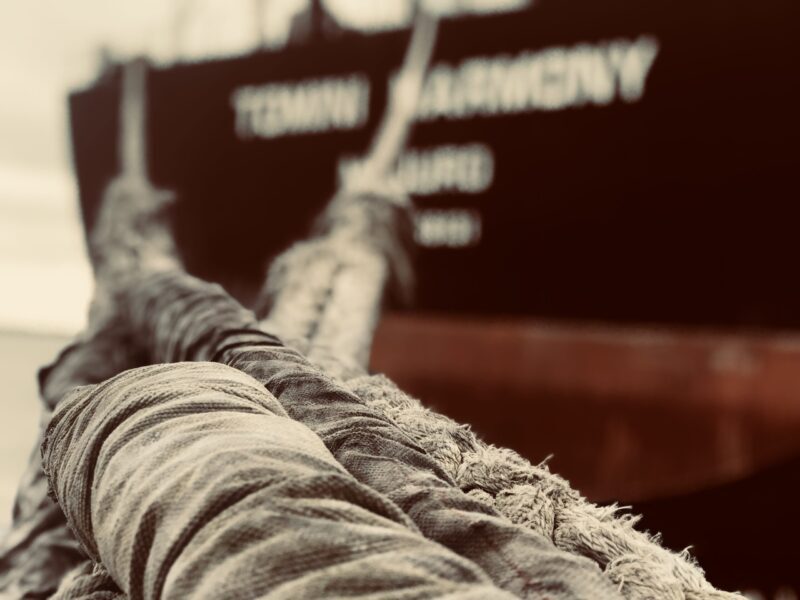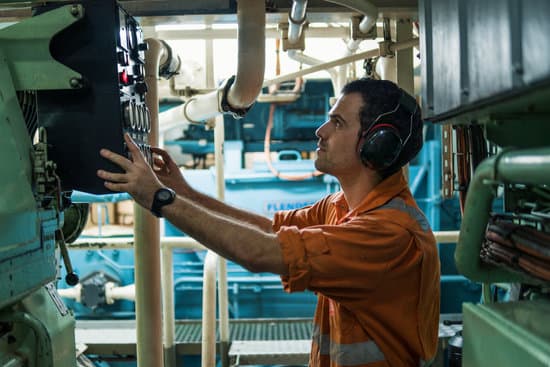- Your gateway to the Maritime Knowledge!
- [email protected]
The uncertain future of Seafarers amidst the CoVid Crisis

How to maintain Mooring ropes on board ?
April 27, 2020Trimming calculations and procedures on bulk carriers
May 17, 2020COVID-19 in maritime sector: According to International Chamber of Shipping, 1,50,000 seafarers will be due for sign off globally by end of May 2020. If this research is to believed, the seafarers on board would already be drained out physically and mentally posing a serious hazard to the safety of the vessel and themselves at sea. This topic tries to assess the relationship between existing crisis of covid and the future of seafarers.
The International Maritime Organization (IMO) has already highlighted this point through its various timely circulars urging the world to treat the seafarers with dignity and respect. But is it really being observed?
The seafarers are the drivers of the global trade and time and again the world has realized their importance in keeping the global trade alive. The seafaring community is the “essential” workforce which is the engine of the trade globally as 90% of the world trade is being carried out by sea. The
As if the situation was easy for the seafaring community prior to advent of Covid, the Virus has resulted in adding salt to the wounds of already exhausted seafarers on board the ships.
Although, the Seafarers welfare organizations, globally, are working incredibly hard to support crews in very difficult situations, situation still continues to be dreadful for those stuck onboard. Countries such as India, which accounts of almost 5-7% of the total seafarers in the world, has issued Standard Operating procedures, through issuance of e-passes, to expedite crew change at various Indian Sea ports. Although we have heard crew change being happening slowly but steadily at these ports, still many seafarers are stuck at various ports around the world, looking for aid from their respective countries in this regard.
CoVid-19 situation is an unexpected and unexceptional circumstance which the modern world is experiencing for the first time and countries and organizations are doing there bit in order to expedite the crew changes worldwide without least effecting the global supply chain.
A joint statement issued by the Officers of the Special Tripartite Committee of the Maritime Labour Convention (MLC, 2006) also called on ILO member States to “do all that they can to facilitate the delivery of essential medical supplies, fuel, water, spare parts and provisions to ships”.
According to the statement, ports in some parts of the world have also refused to allow some ships to enter because they had previously docked in areas affected by COVID-19, preventing vessels from obtaining essential supplies.
“Seafarers are just as worthy as everyone else and should be treated with dignity and respect to ensure that they can continue to provide their vital services to the world,” the statement said.
The committee also underlined the importance of ensuring that the flow of essential goods, energy, food, medicines and many other products around the world is not disrupted “by measures that impede the safe and efficient movement of ships and the seafarers who operate them”.
ILO Director-General Guy Ryder, has asked governments “to ensure that, in these challenging times, seafarers are adequately protected from the COVID-19 pandemic, have access to medical care, and can travel to and from their ships, as necessary, in order to continue to play their crucial role”.
Seafarers’ rights are set out in the ILO’s MLC, 2006, which establishes minimum requirements for almost all aspects of working conditions for seafarers, including conditions of employment, hours of work and rest, repatriation, shore leave, accommodation, recreational facilities, food and catering, health protection, medical care, welfare and social security protection.
Seafarers are being retained on vessels after sign-off, left ashore in foreign countries unable to return to their families without funds, and not having sufficient information being passed to them as port authorities ban crew change-overs and limit the movement of foreign nationals in their territories as they combat the spreading of the coronavirus.
Adding salt to injury, The seafarers are reporting an increasing trend of non-payment of wages, contract extensions without informed consent, crews being left in foreign states to pay hotel bills and to seek flights home using their own funds, as per reports by UK-based charity organization Human Rights at Sea (HRAS).
Commenting on the ongoing situation and its impact on seafarers, Capt. Pradeep Kumar said seafarers are suffering the most especially where the crew changes are not allowed by the port authority.
“It is making seafarers mentally sick and which is going to lead to accidents. At most of the port, the seafarer can disembark but need 14 days quarantine,” Capt. Pradeep Kumar added.
“Ships are running and calling [at] port regularly with [the] Pilot on board. Nobody talks about danger[s] of COVID infection to [the] pilot or seafarer because it is business. Regular cargo operation is going on with shore staff on board. Nobody talks about danger[s] of COVID infection and 14 days quarantine, because it is business. Regular stores and spares are being supplied on board. Nobody talks about danger[s] of COVID infection because it is business.”
The Republic of the Marshall Islands (RMI), one of the world’s largest maritime registries, with more than 4,700 vessels and nearly 100,000 seafarers serving on RMI-flagged vessels, said it had received a number of complaints from operators and individual seafarers stating that the prevention of repatriation is adding to their emotional stress and adversely affecting their well-being.
“While the maritime industry, by necessity, has been forced to accept the extension of seafarer employment agreements and contracts, such measures may affect the fair treatment and rights of seafarers, as well as potentially disrupt commerce,” the registry said.
“The technical complexity of ships and the hazardous environments they operate in require the professionalism of officers and crew to ensure the safety of the vessel, its cargo, and the seafarers on board. Extended service on board, coupled with the stress about COVID-19 and its effects on them and their families at home, may result in safety being compromised on board. The ability to plan and carry out a crew change is essential to maintain the continuity of shipping and the supply of essentials. The health and safety of seafarers must remain a top priority.” <based on reports from offshore-biz.com>



